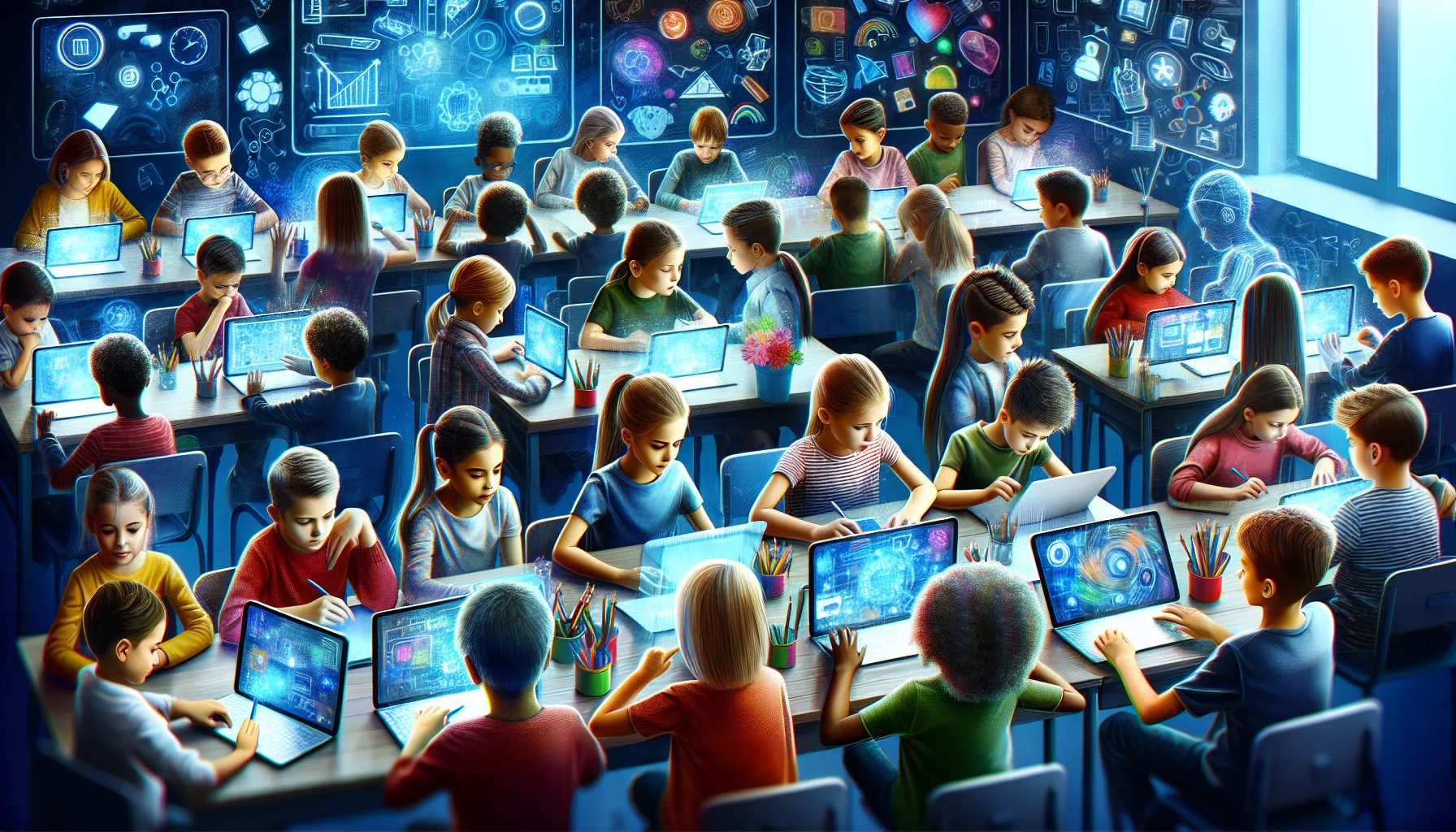In recent years, the topic of digital literacy in modern education has gained significant prominence in IELTS Writing Task 2 essays. This trend reflects the growing importance of technology in our daily lives and educational systems. Based on past exam patterns and current global trends, we can expect this theme to appear frequently in future IELTS tests. Let’s explore a relevant question that has been featured in recent IELTS exams:
Some people think that digital skills are essential for children’s education. Others believe traditional skills like handwriting are more important. Discuss both views and give your own opinion.
Analyzing the Question
This question asks candidates to discuss two contrasting views on the importance of digital skills versus traditional skills in children’s education. It’s crucial to:
- Explain the importance of digital skills in modern education
- Discuss the continued relevance of traditional skills like handwriting
- Provide a balanced argument considering both perspectives
- Clearly state your own opinion on the matter
Now, let’s look at sample essays for different band scores, starting with a high-band response.
Sample Essay 1 (Band 8-9)
In the digital age, there is an ongoing debate about the relative importance of digital skills versus traditional skills like handwriting in children’s education. While both skillsets have their merits, I believe that a balanced approach integrating both digital and traditional skills is essential for a well-rounded education.
Proponents of digital skills argue that in our increasingly technology-driven world, children need to be proficient in using digital tools to succeed in their future careers and daily lives. Digital literacy enables students to access vast amounts of information, collaborate on global projects, and develop critical thinking skills through interactive learning platforms. Moreover, familiarity with technology from an early age prepares children for the digital demands of higher education and the workplace.

On the other hand, advocates for traditional skills like handwriting emphasize the cognitive benefits associated with this practice. Research has shown that handwriting activates neural circuits in the brain that are crucial for learning and memory formation. Additionally, the ability to write legibly and efficiently without relying on technology is still valued in many professional and academic settings. Handwriting also fosters creativity and fine motor skills development in young children.
In my opinion, the ideal approach is to incorporate both digital and traditional skills in children’s education. While digital proficiency is undoubtedly crucial in our modern world, traditional skills like handwriting should not be neglected. A balanced curriculum that teaches children to navigate digital platforms while also honing their handwriting and other manual skills would provide a comprehensive educational foundation. This approach would ensure that students are well-equipped to thrive in both digital and traditional environments.
In conclusion, while digital skills are increasingly important in today’s world, traditional skills like handwriting continue to play a vital role in children’s cognitive and motor development. By embracing a balanced approach that values both skillsets, we can provide children with a well-rounded education that prepares them for success in all aspects of their future lives.
(Word count: 309)